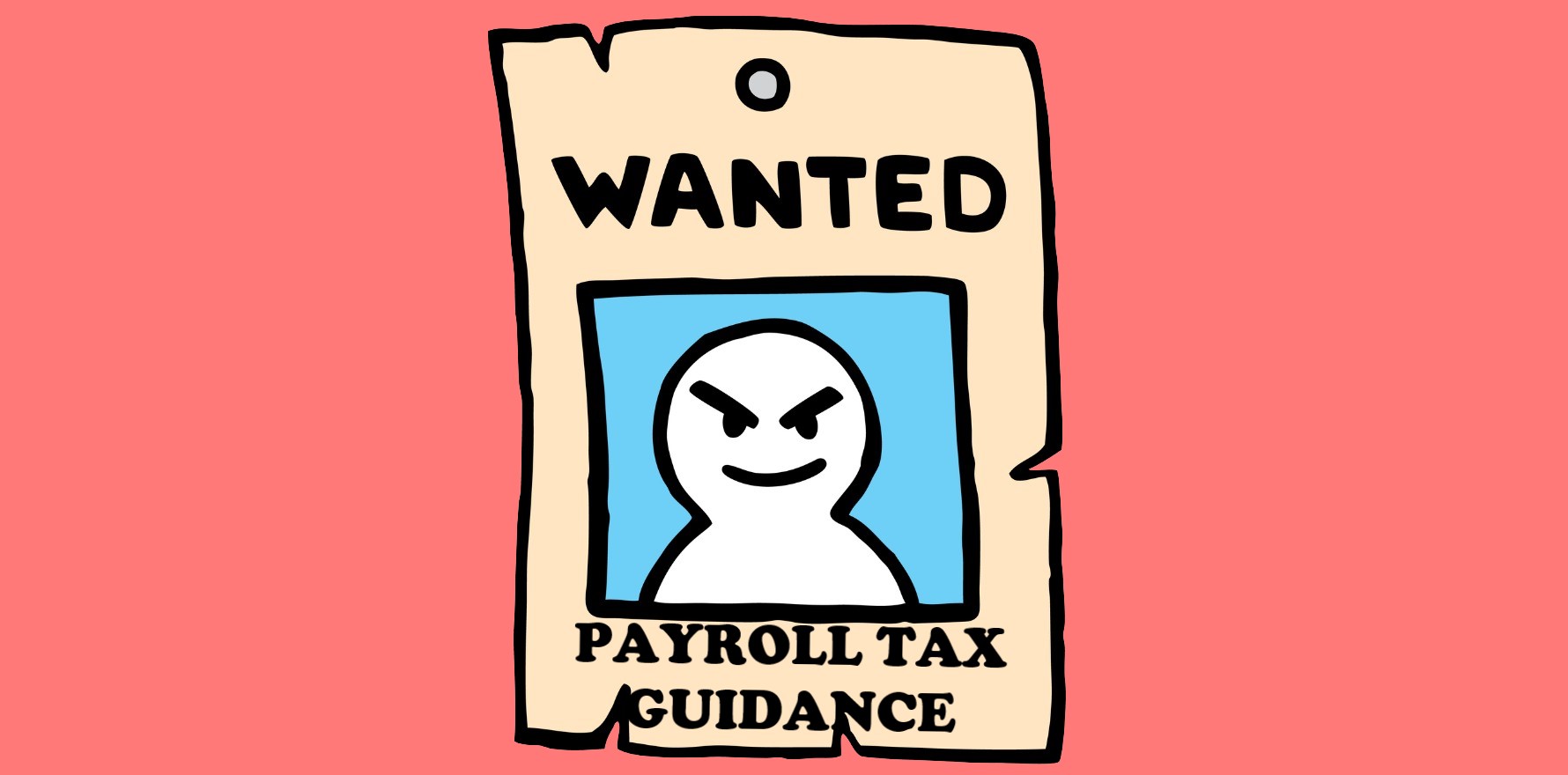The honeymoon (tax amnesty) is over, baby – for South Australia, at least. Everyone else still has a little bit of time.
Hundreds of GPs in South Australia have been left in a grey zone, as the state’s payroll tax amnesty period ends without clear guidance for the future.
Legislation to give GPs who bulk bill a percentage discount on payroll tax has been drafted but is relatively high level.
While the government has pinkie-promised that the discount will be pegged to the proportion of MBS items bulk billed by each GP, the real detail will come in the regulations.
Unfortunately, the regulations cannot be published until the legislation has passed through parliament.
That is a minimum of six weeks away.
“Without the detail, it’s very hard for practices to know exactly what they’re going to have to pay,” RACGP SA chair Dr Sian Goodson told The Medical Republic.
“I’ve warned the treasurer and Revenue SA that if we don’t get this done really quickly, there’s a real risk that in November GPs will review their fees and have to put them up again, because their [bill is bigger than expected].”
Two details on the ongoing arrangements are confirmed: it will be opt-in, meaning practices will need to register, and will give practices a percentage discount based on the proportion of items that are bulk billed.
“It doesn’t incentivise bulk billing at all, but it does protect the bulk billing that was being done and it does reduce the payroll tax liability,” Dr Goodson said.
Both the RACGP and AMA SA will be meeting regularly with the state government while the legislation is drafted.
Around 283 medical practices were involved with the amnesty program, which lapsed on 1 July.
It’s understood that the vast majority, if not all, of the practices that applied for amnesty were advised by Revenue SA that their business structures would incur payroll tax.
Adelaide-based accountant David Dahm told TMR that, until the regulations are published, practices are in a grey zone.
“Those that put their name down [for the amnesty should] … start paying payroll tax – that’s the practical outcome,” he said.
“Whether you get it back or not is subject to this bill being passed.
“We don’t know enough yet to say if you do or don’t have to pay anything, and that is a true issue.”
Mr Dahm encouraged GPs and clinic owners to seek independent accountancy and legal advice.
On the upside, the practices that did participate in the amnesty will only start owing payroll tax from this week.
Practices that did not apply for amnesty are liable for up to five years’ worth of back tax, should they be audited.
The discount is applied before payroll tax is billed, meaning that the discount will put some clinics under SA’s $1.7 million payroll tax threshold.
If this happens, these clinics do not have to pay the tax on any staff.
Any bulk billing done by registrars, who have historically been classified as practice employees rather than contractors, will count toward the discount.
Related
According to AMA SA president Dr John Williams, a rural GP himself, even the practices that will wind up paying less on payroll tax under the new system are unhappy.
“The opinion of the AMA SA, and this is what we’ve been hearing from our members, is that any money being taken from practice in this current climate is not good money,” he told TMR.
The association has repeatedly raised the potential run-on effects of the tax on the rest of the health system.
“If the government really wants to make a way forward and reduce the costs of the health care system, reduce ramping, reduce hospital stay and reduce planned surgery waiting lists, it needs to support prevention in general practice,” Dr Williams said.
“Rather than taking money out of general practice, money needs to be put into general practice to improve the outcomes for patients and reduce the burden on the health system as a whole.”





